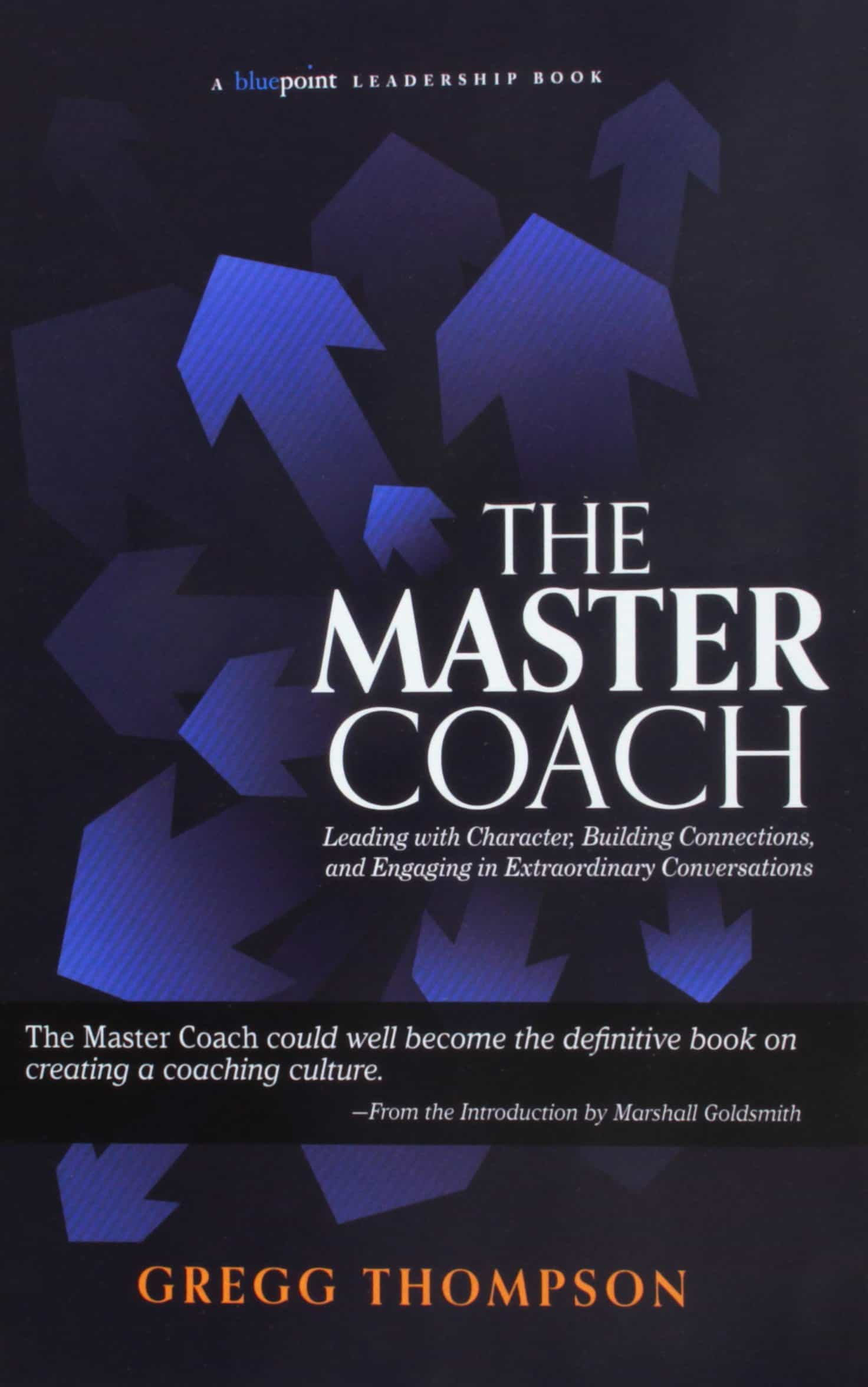The Master Coach
Leading with Character, Building Connections, and Engaging in Extraordinary Conversations
Author: Gregg Thompson

No available rating

👍GetAbstract Rating: 8/10

GetAbstract Summary Preview
They Don’t Need a Friend
A coach is not a friend, he writes. Although coaches can be friendly, the purpose of coaching is to challenge those they are coaching — the Talent, in Thompson’s terms — and hold them accountable. A coach is also not a therapist. As Thompson explains, “Coaching is not the antidote for deeply troubled and significantly distressed individuals.”
Thompson also differentiates between coaching and teaching. Teaching is a unilateral exercise, with the teacher imparting knowledge to the learner. In coaching relationships, both the coach and the Talent are learning together.
Perhaps the greatest confusion for many people occurs between coaching and mentorship. The core difference, according to Thompson, is that a mentor guides the Talent by drawing on past experience, knowledge and wisdom. In contrast, he writes, “The coach opens the door to an inquiry, a discovery and learning process that unfolds in the moment.”
Three Dimensions
How does one become an effective coach? Thompson’s framework for what he calls “master coaching” is built around three C’s:
Character. Coaches must earn the right to coach. To earn the right to coach, to be someone that others will want to listen to, leaders must display authenticity, self-esteem, emotional intelligence and what he terms “noble intention” — the total commitment and focus of the coach on the needs, aspirations and success of the Talent. No facet about coaching should be about the coach.
Connection. “All significant change occurs through the medium of the relationship with the person you are coaching,” Thompson writes. In this illuminating section of the book, he explores the nuances of the relationship between a coach and the person they are coaching. The foundation of coaching is an appreciation of the Talent’s attributes and strengths by the coach. The “simplest appreciation,” he notes, is acknowledgment, taking the time to fully recognize the unique person. Expectations (emphasizing that the coach must develop and work off the Talent’s expectations, not their own) and holding them accountable are other elements of connection. And perhaps most surprising, Thompson calls for coaches to love those they are coaching. “Love is not a term I use lightly here,” he writes. However, he explains, to “like” someone infers some kind of judgment. Love is required of coaches because, he writes, “there is no other way for me to put aside my judgments and to see them at their best.”
Conversation. Dialogue is the process of coaching. Once again, Thompson explores the nuances of what might seem to be an intuitive element of coaching. He emphasizes, for example, the importance of unpredictability and risk in the conversation. An effective coaching conversation is going to take people out of their comfort zones. “The coaching conversation does not unfold without wrinkles,” Thompson writes in one eloquent passage. “It confronts the questions that need to be asked and challenges the Talent to answer them honestly.” Another facet of the coaching conversation is to help people understand the “prevailing personal story” and how they can change it.
Detailed and honest, built on personal experiences with clients and supplemented by insightful lists (e.g., the seven characteristics of a coaching culture; the top 10 ways to build a long-term coaching relationship), The Master Coach is a comprehensive, well-structured guide for leaders ready to begin their conversations with the people they want to coach.
About The Author & Review
About The Author:
Gregg Thompson, president of Bluepoint Leadership Development, is a frequent speaker and facilitator. He has designed several leadership development workshops including The Coaching Essentials, Leader As Coach, Advanced Coaching Skills and Powerful Coaching Conversations.
Review:
Great leaders are great coaches. They understand that developing the skills, talents and mindsets of their people is a vital part of their jobs as leaders. However, the concept of coaching can also be confusing. Early in his excellent how-to book, The Master Coach: Leading with Character, Building with Connections, and Engaging in Extraordinary Conversations, executive coach and trainer Gregg Thompson explains what coaching is not.

